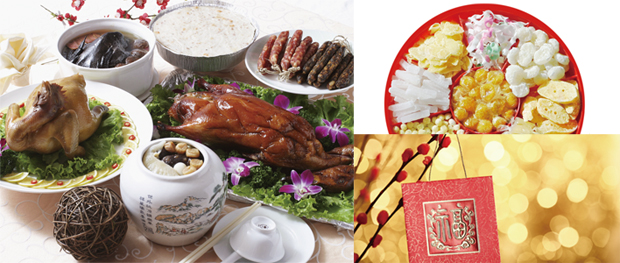
Several festivals are celebrated in Taiwan every year. For visitors, festivals can be both an enjoyable and colorful experience. For Taiwanese people, it’s a great way to keep Taiwanese culture alive in today’s world and get a day off work! Most of Taiwan’s festivals go by the lunar calendar and their Western calendar date changes every year. Chinese New Year falls on January 1st on the lunar calendar, and it is the biggest event on the Chinese cultural calendar. It generally occurs around the end of January to early February on the Western calendar. During Chinese New Year, families come together, eat, and enjoy each other’s company no matter how far apart they live. Traditionally, special foods such as sticky rice and year cakes are prepared. The words for “year cake” are pronounced like “rise in the coming year” in Chinese. So, people eat the cakes to wish for a good year. Some of the cakes are sweet because the Chinese believe that having sweet food can bring about good luck in the New Year. There are several unusual beliefs about Chinese New Year. People don’t like to sweep the floor during Chinese New Year because they don’t want to sweep away good fortune along with the dirt. They also don’t take out the garbage until the fifth day of Chinese New Year. During Chinese New Year, Taiwanese people visit relatives and pay respects to the god of wealth. On the second day of the New Year, married couples go to the wife’s house and spend time with her parents. At this time, houses are decorated with flowers and couplets or congratulatory speeches written on red paper. Red is considered lucky and white represents death. Therefore, red is emphasized and white is discouraged during the holiday. Children and elderly people often receive gifts of money in red envelopes. Eventually, firecrackers are set off and families go out into the streets to enjoy traditional folk activities such as lion dances. Not so many people believe in old ideas about good or bad fortune nowadays. However, people still like to follow the old traditions. |
沒有留言:
張貼留言